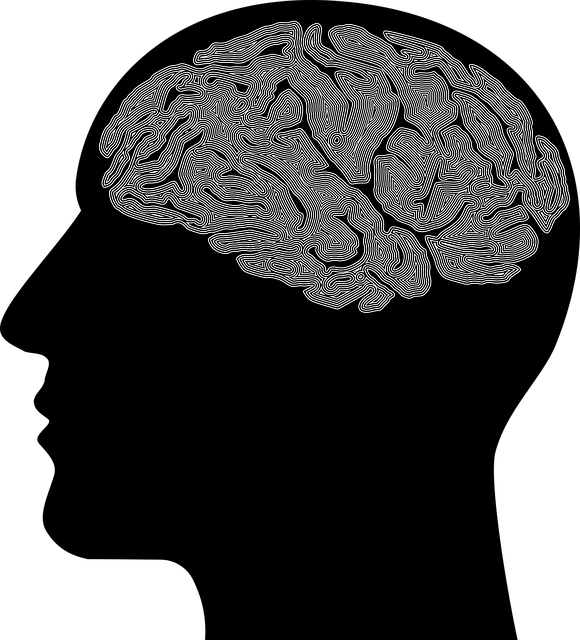Aurora Kaiser mental health programs utilize advanced data analysis techniques and diverse information sources for comprehensive understanding of emotional well-being trends. Through structured categorization of both objective symptoms and subjective experiences, these programs develop tailored education aimed at empathy, confidence, and improved outcomes. Employing machine learning models and mindfulness practices, the approach refines evidence-based treatments based on participant feedback. Rigorous data analysis identifies demographics, service utilization patterns, and risk factors to guide interventions and policy decisions. This game-changing strategy enhances patient outcomes, streamlines healthcare services, and ensures tailored support for diverse populations like adolescents, veterans, and communities facing unique stressors.
“Unveiling the power of data in transforming mental healthcare, this article delves into the nuanced world of mental health data analysis and interpretation. From understanding the intricacies of collecting and organizing diverse information to employing advanced analytical techniques, we explore paths to deeper insights. By uncovering patterns and trends, we demonstrate how these findings can drive strategic changes within Aurora Kaiser mental health programs, ultimately enhancing patient care and outcomes.”
- Understanding Mental Health Data: Collecting and Organizing Information
- Advanced Analysis Techniques for Deeper Insights
- Interpreting Findings: Uncovering Patterns and Trends
- Implementing Data-Driven Strategies in Aurora Kaiser Mental Health Programs
Understanding Mental Health Data: Collecting and Organizing Information

Understanding Mental Health Data involves a meticulous process of collecting and organizing information that reflects individuals’ emotional well-being. Aurora Kaiser mental health programs emphasize comprehensive data gathering, ensuring diverse sources like patient records, surveys, and qualitative feedback are integrated. This holistic approach allows for a nuanced understanding of mental health trends within communities or specific populations.
Organizing this data requires careful structuring and categorization to make it meaningful and actionable. By employing structured clinical assessments alongside self-reported measures, professionals can capture both objective symptoms and subjective experiences. This dual perspective is crucial for designing tailored Mental Health Education Programs that focus on building empathy, implementing confidence-boosting strategies, and ultimately improving mental health outcomes.
Advanced Analysis Techniques for Deeper Insights

In the realm of mental health data analysis, advanced techniques offer a path to uncover deeper insights and enhance treatment approaches. Aurora Kaiser mental health programs have pioneered innovative methods, incorporating cutting-edge analytics to gain a nuanced understanding of individual needs. Through sophisticated algorithms and machine learning models, professionals can now identify subtle patterns within vast datasets, leading to more personalized interventions.
For instance, these programs integrate mindfulness meditation practices with conflict resolution techniques and social skills training, analyzing participant feedback to measure the impact on emotional well-being. By leveraging data from various sources, including self-reports, clinician observations, and behavioral assessments, researchers can identify effective strategies and tailor support accordingly. This comprehensive analysis allows for the refinement of existing programs and the development of new, evidence-based treatments, ultimately fostering better outcomes for individuals navigating mental health challenges.
Interpreting Findings: Uncovering Patterns and Trends

When analyzing mental health data collected through Aurora Kaiser’s programs, the goal is to uncover meaningful patterns and trends that can guide interventions and policy decisions. By employing robust statistical methods and visualization tools, researchers can identify correlations between various factors such as demographic information, service utilization, and outcomes related to emotional well-being promotion techniques, resilience building, and trauma support services. This process involves segmenting the data based on demographics, severity of mental health conditions, and treatment modalities to gain a nuanced understanding of client populations.
Through this detailed analysis, professionals can identify at-risk groups, understand the effectiveness of different interventions, and tailor services accordingly. For example, trends might reveal that specific age groups or genders benefit more from certain resilience-building activities, enabling program designers to create targeted initiatives. The insights derived from such data-driven approaches contribute significantly to the improvement of mental health programs, ensuring resources are allocated efficiently to address pressing needs within communities, as exemplified by Aurora Kaiser’s commitment to comprehensive mental well-being support services.
Implementing Data-Driven Strategies in Aurora Kaiser Mental Health Programs

Implementing data-driven strategies in Aurora Kaiser mental health programs has emerged as a powerful approach to enhancing patient outcomes and streamlining healthcare services. By leveraging the vast amounts of data collected, mental health professionals can gain valuable insights into patient populations, identify trends, and tailor interventions to meet individual needs. This precision medicine model not only improves clinical effectiveness but also fosters a more efficient and cost-effective delivery system.
Cultural sensitivity in mental healthcare practice plays a pivotal role in this process. Understanding the diverse cultural backgrounds of patients allows for the adaptation of treatments to be more inclusive and relevant, enhancing patient engagement and adherence. Risk assessment for mental health professionals is another key component, enabling early identification of at-risk individuals and proactive interventions that can build resilience. Through data analysis, programs can target specific populations, whether it’s adolescents, veterans, or communities facing unique stressors, ensuring resources are allocated effectively to address their distinct needs.
Mental health data analysis is a powerful tool for transforming Aurora Kaiser mental health programs. By understanding, collecting, and interpreting data effectively, we can uncover valuable patterns and trends that guide evidence-based strategies. Advanced analysis techniques allow us to delve deeper into the complex landscape of mental health, fostering more personalized and impactful support. Ultimately, this data-driven approach has the potential to revolutionize care, ensuring that Aurora Kaiser programs are equipped with the insights needed to enhance patient outcomes and create a brighter future for all.






